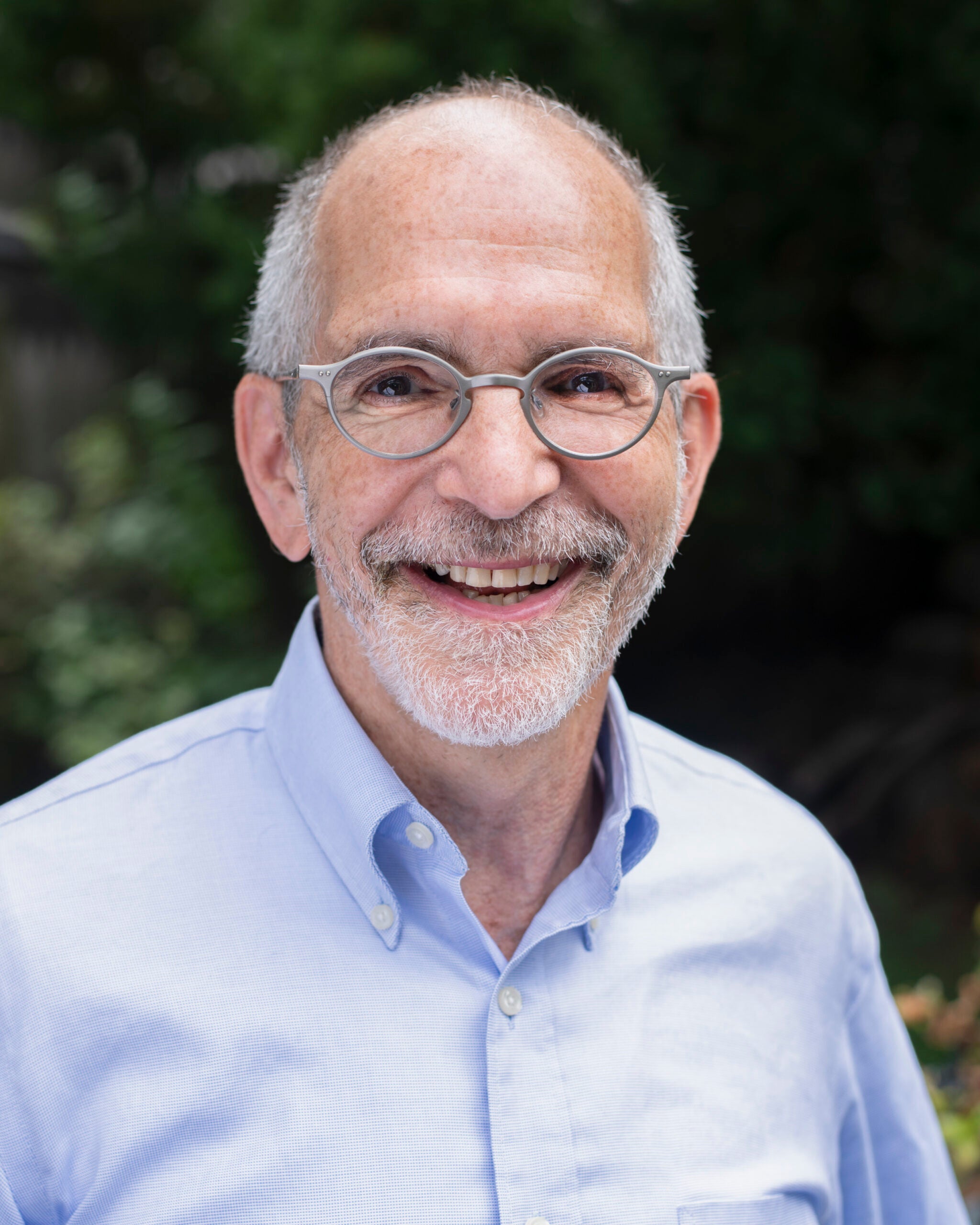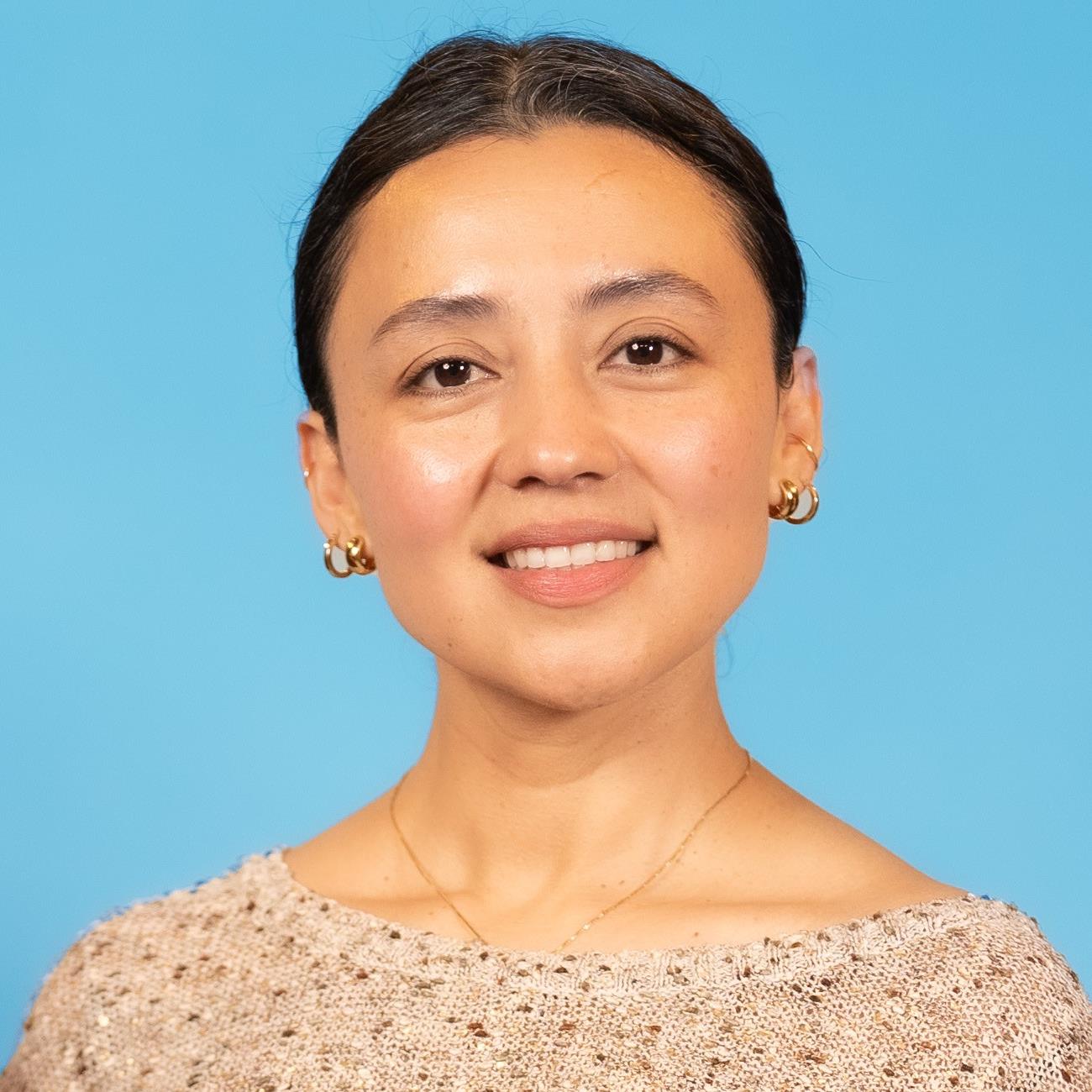Africa Health Conference – Future-Proofing Africa: Investing in Impact and Innovation
Join us at the 2026 Africa Health Conference to explore innovative solutions to advance health in Africa by pre-registering by Sunday, January 18 HERE.
The Africa Health Conference is a dynamic platform that brings together experts, researchers, practitioners, students, and community stakeholders dedicated to advancing forward-thinking solutions for Africa’s evolving health challenges.
The 2026 conference will take place on Saturday, February 21, 2026, at the Harvard T.H. Chan School of Public Health, with an online attendance option available. This year’s theme is “Future-Proofing Africa: Investing in Impact and Innovation”. It builds on last year’s sessions that focused on adaptive strategies in health financing, technology, and resilience. This year, the conference will guide participants in reimagining Africa’s development landscape amidst a rapidly changing global context. We will move beyond traditional approaches to explore innovative financing mechanisms and highlight how African entrepreneurs, businesses, and creative thinkers are driving impactful solutions in various fields, from healthcare to technology.
For questions, please contact us hsphafricahealthconference@gmail.com or visit our website: https://africa-health-conference.hsph.harvard.edu/
Organizers
Save the Date: Women’s Health Conference 2026

Overview
The global Women’s Health Conference was launched in 2023 by the Global Centre for Asian Women’s Health (GloW) at the National University of Singapore (NUS) Yong Loo Lin School of Medicine, in collaboration with Harvard T.H. Chan School of Public Health. Following the success of the 2023 and 2024 conferences in Singapore and the 2025 meeting in Paris, the 2026 conference will be held in Boston from September 30 to October 2, 2026.
The 2026 meeting is co-organized by the Harvard T.H. Chan School of Public Health and GloW at NUS Yong Loo Lin School of Medicine, in partnership with Stanford University and Université Paris Cité. The conference will highlight cutting-edge advances reshaping women’s health across the life course.
Despite increasing global attention, women’s health remains under-researched and underfunded in many critical domains. Women experience unique biological transitions—from puberty and pregnancy to menopause and aging—that shape lifelong health trajectories. Addressing these complexities requires coordinated, interdisciplinary, and global efforts.
This conference will convene leading scientists, clinicians, innovators, policymakers, and global organizations to accelerate solutions that improve health outcomes for women worldwide.
The two-day scientific program will feature:
- Recent developments in hormone replacement therapy (HRT) and women’s health.
- Breakthroughs in precision nutrition and lifestyle medicine
- Advances in fertility, pregnancy, and reproductive health
- New approaches to mental health and brain health
- Healthy aging, cognition, and cardiometabolic health
- The expanding role of AI and femtech in diagnosis, treatment, and prevention
The program will include plenary lectures, thematic panels, poster sessions, lightning talks by junior investigators, and a special session featuring international organizations and foundations focused on sustaining global investment in women’s health research. The conference will conclude with a half-day symposium commemorating the 50th anniversary of the Nurses’ Health Study (NHS), the largest and longest-running study of women’s health, established in 1976.
Organizers
Scientific Organizing Committee
- Frank B. Hu, Professor and Chair, Department of Nutrition, Harvard T.H. Chan School of Public Health; Professor of Medicine, Harvard Medical School
- Cuilin Zhang, MD, PhD, Chair Professor of Women’s Health; Director, Global Centre for Asian Women’s Health (GloW), Yong Loo Lin School of Medicine, National University of Singapore
- Yap Seng Chong, MBBS, MD, Lien Ying Chow Professor in Medicine; Dean, Yong Loo Lin School of Medicine, National University of Singapore
- Heather Eliassen, ScD, Professor of Nutrition and Epidemiology, Harvard T.H. Chan School of Public Health; Professor of Medicine, Harvard Medical School
- Jorge E. Chavarro, MD, ScD, Professor of Nutrition and Epidemiology; Dean for Academic Affairs, Harvard T.H. Chan School of Public Health; Professor of Medicine, Harvard Medical School
- Kathryn M. Rexrode, MD, MPH, Chief, Division of Women’s Health, Brigham and Women’s Hospital; Professor of Medicine, Harvard Medical School
- Michelle A. Williams, ScD, Professor of Epidemiology and Population Health, Stanford University School of Medicine
- Melissa Bondy, PhD, Professor and Chair, Department of Epidemiology and Population Health, Stanford University School of Medicine
- Clarisse Berthezene, PhD, Professor of British History at Université Paris Cité
- Rosa Maria Bruno, MD, PhD, Université de Paris and European Hospital Georges Pompidou APHP, Paris
- TBD, Women’s Health Center (iWish), Université Paris Cité
Administrative Organizing Committee
- Jessie Powell, Harvard T.H. Chan School of Public Health
- Katrina Soriano, Harvard T.H. Chan School of Public Health
Abstract Submission
Call for abstracts: Submit your abstract for a chance to present a poster or give a flash talk. Trainees and investigators within five years of earning their terminal degree are eligible to present a flash talk. Please follow these rules and guidelines and use this template to prepare your abstract.
Deadline: Abstract submission deadline is May 15th, 2026 at 11:59 PM EST.
Program
Opening Session
8:30–9:00 AM
Opening Remarks
9:00–9:30 AM
Plenary Lecture: Recent Development in Postmenopausal Hormone Therapy and Women’s Health
AI & Digital Innovation in Women’s Health
9:30–10:50 AM
- Advances in Femtech in Women’s Health
- AI and Machine Learning Methods in Women’s Health Research
- Panel Discussion
Precision Nutrition & Lifestyle Medicine
11:10 AM – 12:30 PM
- Dietary Strategies to Improve Women’s Health
- Sleep, Circadian Rhythm, and Women’s Health
- Gestational Diabetes: Determinants and Life-Course Consequences
- Panel Discussion
Cardiometabolic & Vascular Health
1:30–3:10 PM
- Vascular Aging and Women’s Health
- Cardiometabolic Diseases in Asian Women
- Gender Differences in GLP-1 Treatment and Health Outcomes
- Panel Discussion
Lightning Talks by Young Investigators
3:30–5:00 PM
Healthy Aging & Brain Health
8:45–10:05 AM
- Brain Aging and Women
- Memory and Cognition
- Midlife Health and Neurocognitive Outcomes
- Panel Discussion
Pregnancy, Fertility, Endometriosis & PCOS
10:25 AM–12:05 PM
- Nutrition and Fertility
- Endometriosis & PCOS
- Environmental and Reproductive Health
- Autoimmune Disease in Women
- Panel Discussion
Psychosocial Determinants & Mental Health
1:05–2:55 PM
- Mental Health and Cognition Across the Life Course
- Global Women Health Disparities
- Social, Cultural, and Economical Factors
- Panel Discussion
Global Women’s Health Impact Panel
3:15–4:30 PM
Featuring leaders from the World Economic Forum, McKinsey Health Institute, and the Gates Foundation, including a special session on the Global Women’s Health Impact Tracking Platform (WHIT).
Commemorating 50 Years of the Nurses’ Health Study
- History and Landmark Discoveries
- Diet and Nutrition Across the Life Course
- Lightning Talks by Junior Investigators
- NHS PI Fireside Chat
MassCPR Annual Symposium- Innovation Without Borders: Academia and Pharma Driving Preparedness
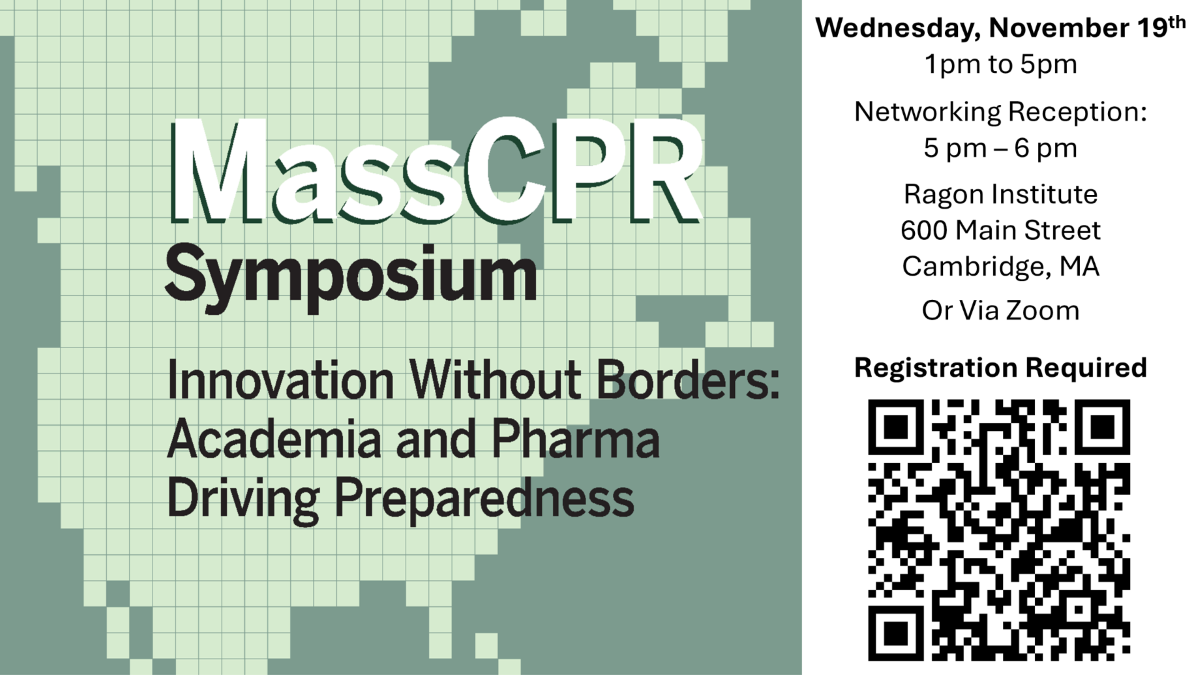
This year’s hybrid symposium will explore how the partnership between pharma and academia fuels breakthroughs that strengthen outbreak preparedness. Join colleagues from across the consortium, industry, public health, and academia for a lively exchange of ideas and insights. The event is sponsored by Harvard Medical School, the Maxwell Finland Fund, and the Warren Alpert Foundation.
Please register in advance:
In-Person Registration: https://www.eventbrite.com/e/masscpr-annual-symposium-tickets-1684524450979
Zoom Registration: https://partners.zoom.us/webinar/register/WN_ZuxtphlITFOyXhnAJH5jJg#/registration
Organizers
Countway Cinema: Run from Rain

Join Countway Library and the HMS Department of Global Health and Social Medicine for a film screening followed by a panel discussion with the filmmakers of “Run from Rain!” This powerful short documentary captures one boy’s resilience amid displacement and instability.
Directed by journalists and filmmakers Jess DiPierro Obert and Jacki Huntington, Run from Rain offers an intimate portrait of survival, hope, and belonging in a country under siege. Follow 16-year-old Macul Nelson as he rebuilds his life after losing his parents to gang violence in Haiti.
Speaker Information
Jacki Huntington
Jess DiPierro Obert
Organizers
20th Kolokotrones Symposium – Acetaminophen During Pregnancy and Autism: What Does Causal Inference Take?
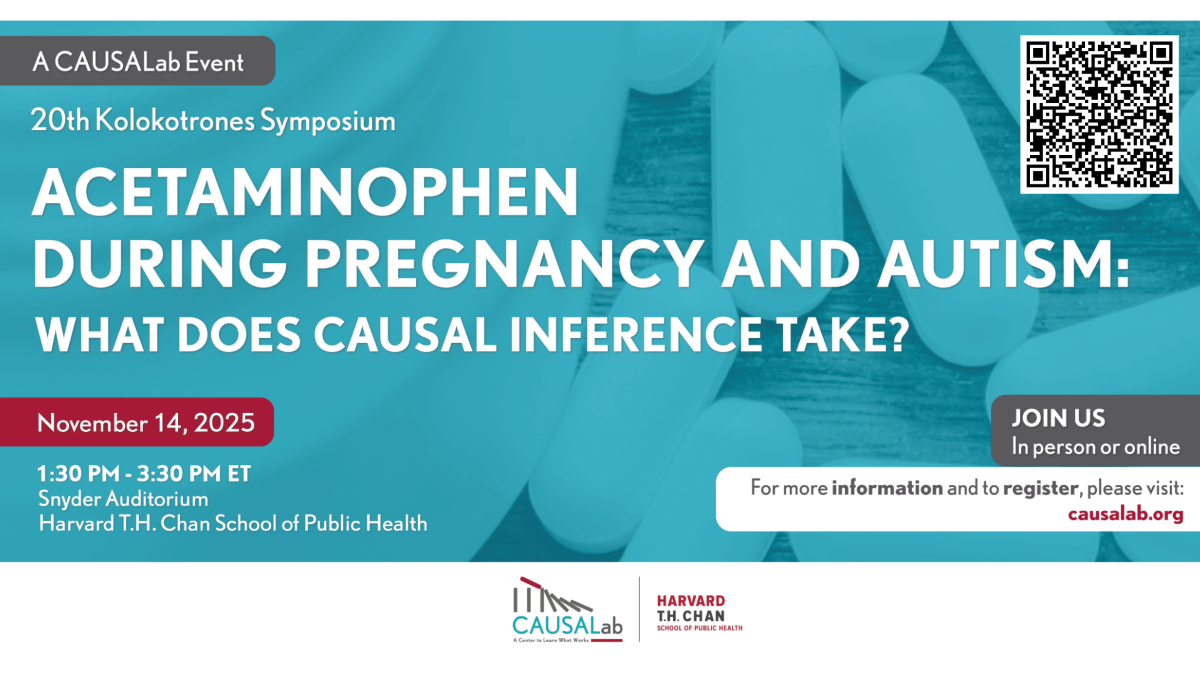
CAUSALab is thrilled to invite you to the 20th Kolokotrones Symposium at Harvard T.H. Chan School of Public Health!
“Acetaminophen During Pregnancy and Autism: What Does Causal Inference Take?” features four expert talks and a panel discussion.
The symposium will provide an introduction to the epidemiology of autism, present what is currently known about the association of acetaminophen use during pregnancy and autism, describe possible explanations for this association, and explore the challenges and opportunities to design better studies to estimate the causal effect. The symposium will conclude with an expert panel that will consider the question: where do we go from here?
NOTE: In-person attendance is limited to Harvard ID holders due to space restrictions. Online attendance is free and open to the public. Limited spots are available, so please register now to reserve your spot.
Speakers
Marc Weisskopf
Krista Huybrechts
Brian Lee
Sonia Hernández-Díaz
Alec Walker
Organizers
Warren Alpert prize symposium- Cracking the Capsid: Lenacapavir and the Next Chapter in HIV Treatment and Prevention
The Warren Alpert Foundation and Harvard Medical School invite you to the 2025 Warren Alpert Foundation Prize Symposium honoring Tomáš Cihlář PhD, John O. Link, PhD, and Wesley Sundquist, PhD for their critical contributions to the discovery and development of lenacapavir, the first approved drug to disrupt a viral capsid. The high potency of lenacapavir and its twice-yearly dosing regimen have the potential to significantly accelerate the end of the HIV epidemic.
Speaker Information
Invited Speakers
George Q. Daley, MD, PhD
Bruce Walker, MD
Tomáš Cihlář, PhD
John Link, PhD
Wesley Sundquist, PhD
Conversation with Bill Gates (by video recording)
Linda-Gail Bekker, MD, PhD
Organizers
First, Do No Harm: A Symposium in Memory of Lucian Leape
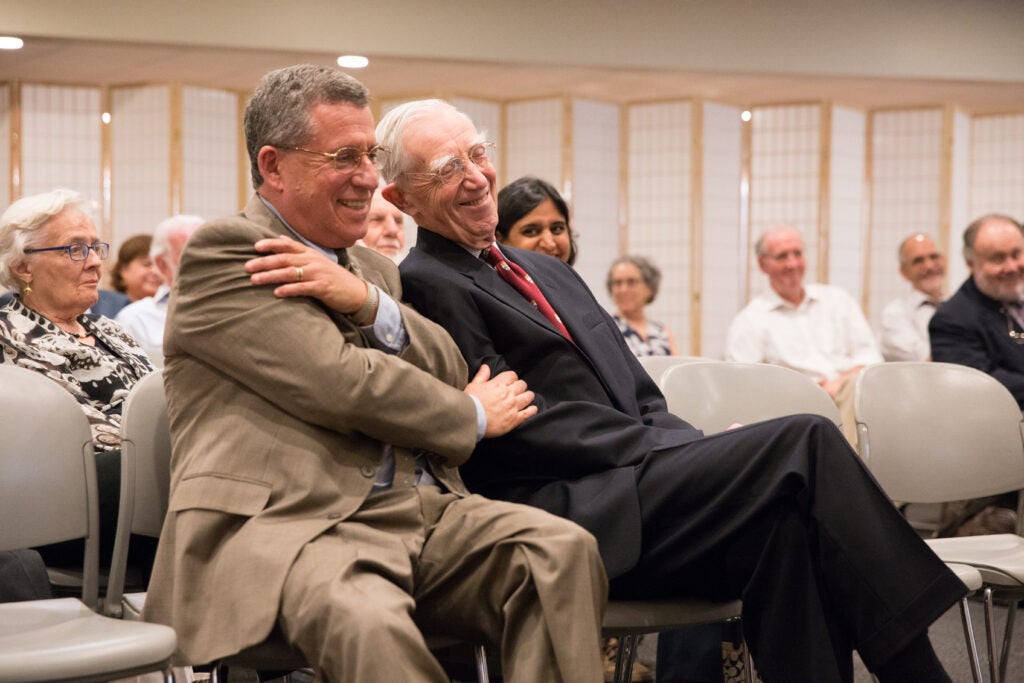
Join us for a symposium and reception in honor and memory of Lucian Leape, who passed away this past summer at the age of 94. The Department of Health Policy and Management will celebrate Lucian’s impact and look ahead to the challenges and opportunities for the patient safety movement he did so much to advance. Read his New York Times obituary here.
Symposium: 2:00PM – 5:15PM, Kresge G1 & Online (Livestream)
Reception: 5:15PM-6:30PM, Kresge Atrium
This event is open to the public. Registration is required for all in-person attendees. All in-person attendees who do not already have Harvard University ID access to the Kresge Building will be required to bring a photo ID and check in at the Kresge security desk. Registration ensures that you will be on the guest list when you check in.
Keynote Speakers
Don Berwick, MD, MPP, FRCP, KBE

This event will also feature two panels:
Panel 1: “Lucian Leape – Navigating the Ship of Patient Safety”
Panelists: David Bates, Tejal Gandhi, David Blumenthal
Moderator: Joel Weissman
Panel 2: “Achieving Zero Harm: Paths Forward”
Panelists: Michelle Anderson, Patricia Dykes, Michaela Kerrissey
Moderator: Eric Schneider
Panelists & Moderators
Michelle Anderson, BSN, RN

David Bates, MD, MSc

Heat, Health and the City: Community, Housing, and Health System Solutions

The Center for Climate, Health, and the Global Environment (C-CHANGE) invites you to join us for this in-person breakout session as part of Harvard Climate Action Week. Breakout sessions are first come, first served. Please plan to arrive early to the session.
Extreme heat is an increasingly urgent public health problem in cities, where dense populations and built environments can intensify health risks for vulnerable communities. This panel will showcase how local initiatives are addressing public health and climate challenges related to extreme heat in urban environments. Panelists will discuss real-life strategies that connect scientific research to equitable interventions, aiming to protect health and reduce disparities in cities. The session will highlight related Harvard Chan research, including work in Boston’s redlined communities.
Speaker Information
Organizers
Dana-Farber/Harvard Cancer Center Celebration of Early Career Investigators in Cancer Research
Early career investigators are a unique reservoir of new ideas, innovation, and excellence in cancer research. To celebrate this, we welcome you to join the Annual DF/HCC Celebration of Early Investigators in Cancer Research. This symposium will showcase the talent of early career investigators at the Dana-Farber/Harvard Cancer Center (DF/HCC) who work in several areas of population science, including epidemiology, biostatistics, outcomes, diversity, and survivorship. We invite all members of the public to attend the event. We also invite students, post-docs, residents, and clinical fellows to submit abstracts for consideration as oral or poster presentations. We look forward to an exciting afternoon of discussion, sharing new discoveries, and building new collaborations.
Global Health Week Symposium: Building Sustainable Health Systems

Global Health Week returns on April 28 to May 2!
Please join the Department of Global Health and Population’s Global Health Week Symposium on “Building Sustainable Health Systems” featuring Keynote speaker Muhamad Chatib Basri, PhD, Chairman, PT Bank Mandiri tbk. and Former Minister of Finance of Indonesia, followed by a panel discussion from international experts and Harvard faculty.
This event will be held on Thursday, May 1, 2025 at 5:30 PM in Kresge G2.
Harvard Chan School hosts a diverse array of speakers, invited to share both scholarly research and personal perspectives. They do not speak for the School, and hosting them does not imply endorsement of their views, organizations, or employers.






